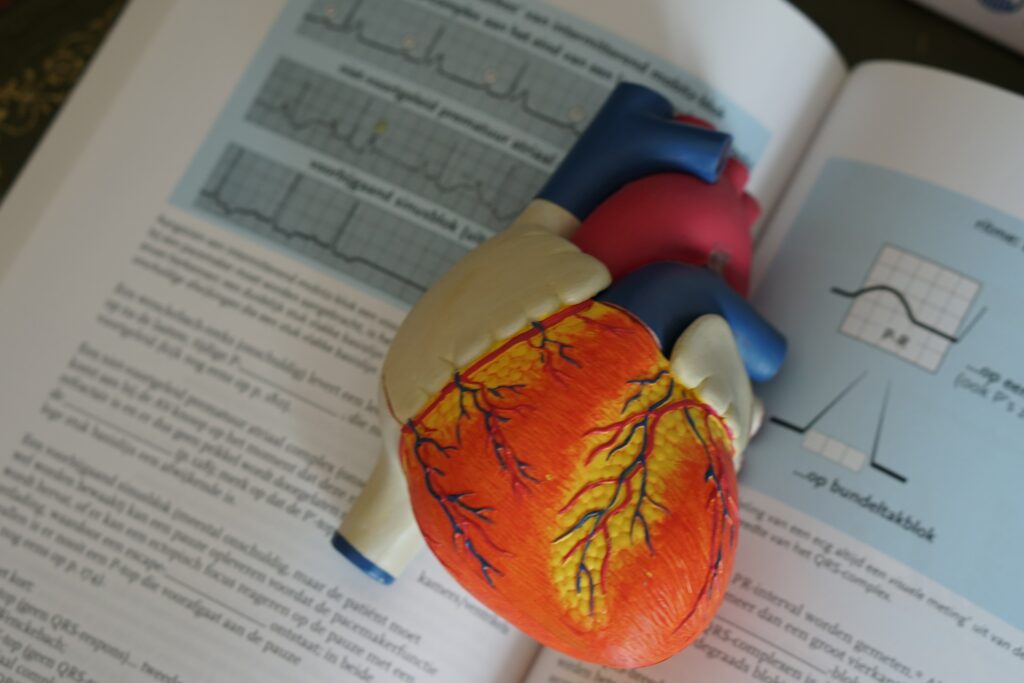
Our licensed, credentialed respiratory therapists work with patients of all ages in every department of the hospital. The department is staffed 24 hours a day, 7 days a week. Our therapists work with a full range of patients from newborn infants to those reaching the end of their lives.
Better Breathers Club
Better Breathers Clubs are available at no cost to individuals with chronic lung disease and their caregivers. Led by an American Lung Association-trained facilitator, learn better ways to cope with your diagnosis and live life to the fullest with a chronic lung disease during these regularly scheduled education programs.
Bonner General Health is currently offering a virtual free Better Breathers Club to community members through the American Lung Association.
When: Second Tuesday of the month, 1:00 – 2:00 PM.
Where: Bonner General Health Classroom 520 N. Third Avenue, enter at Patient Registration.
Register at: action.lung.org/IdahoBBC
More info: Contact BGH Cardiopulmonary Department at 208-265-1045
Who do we care for?
We care for those with chronic lung diseases such as asthma, bronchitis, emphysema and lung cancer; and acute conditions such as pneumonia and traumatic lung injury. We also teach patients post-operative breathing exercises and smoking cessation.
Services we provide to our patients include:
- Arterial Blood Gas Draws
- BIPAP/CPAP Therapy
- Bronchodilator Therapy
- Electrocardiogram (EKG)
- Exercise Stress Testing
- Invasive Ventilator Care
- Holter Cardiac Monitoring and Multi-Day Monitoring and Evaluation
- Oxygen Therapy
- Post Operative Breathing Training
- Pulmonary Education
- Pulmonary Function Testing
More Information
Spirometry
Measures lung volume changes during forced breathing maneuvers. Determines if obstruction or restriction is present, or disease progression. Used to evaluate long term drug therapy and pre-surgical evaluation. When done PRE/POST bronchodilator, determines reversibility of obstruction. Often completed with lung volumes.
Diffusion Capacity DLco
Diffusion capacity for carbon monoxide. Breathing maneuver that allows measurement of the rate of gas transfer from the lungs to the blood. Used to evaluate dyspnea and disease presence or progression. DLco recommended for every COPD patient with dyspnea complaint greater than expected with known obstruction.
Exercise Oximetry 6 min Walk
Determines aerobic capacity or exercise tolerance in individuals with COPD, Pulmonary Hypertension, Interstitial Lung Disease and Heart Disease. Test is often used to determine oxygen necessity qualifications or to determine therapy progression.
Holter Monitor
Cardiac monitor which is worn for either 3-7 days or 8-14 days to record cardiac arrhythmias or events. Device is then returned and data is uploaded to provide physician and summary report.
Exercise Stress Test ETT Treadmill
Non-invasive Cardiac Stress testing completed on a treadmill at varying speeds and grades. Assists in evaluation of chest pain, coronary artery disease diagnosis, post-procedure assessment, exercise induced arrhythmias.
Enhanced Recovery After Surgery ERAS
Prehabilitation instruction on incentive spirometry to assist in lung function preservation post surgery. Outpatient Education provided upon request.
Plethsmography Lung Volumes
Measures lung volumes and airway resistance, used to help determine severity of disease. Most accurate measurement of lung volumes, able to provide vital information during early stages of disease.
Maximal Pressures MIP/MEP
Measures respiratory muscle strength Indications: Neuromuscular Diseases Decreases in Vital Capacity (VC)or Maximal Voluntary Ventilation (MVV)
Maximal Voluntary Ventilation MVV
Useful in testing for subjective dyspnea, exercise tolerance, neuromuscular disease processes and prognostic value in preoperative evaluation. Evaluates ventilatory muscle endurance.
Event Monitor
Live Cardiac Monitoring, device is worn for 14-30 days, daily reports are available in addition to summary report at end of service
Electrocardiogram ECG or EKG
Recording of the hearts electrical activity. Overread – No Appointment Required-
Arterial Blood Gas ABG
Arterial blood gas analysis provides pH, PaCO2, HCO3, PaO2 Used to assess Respiratory, Circulatory and Metabolic Disorders -No Appointment Required

